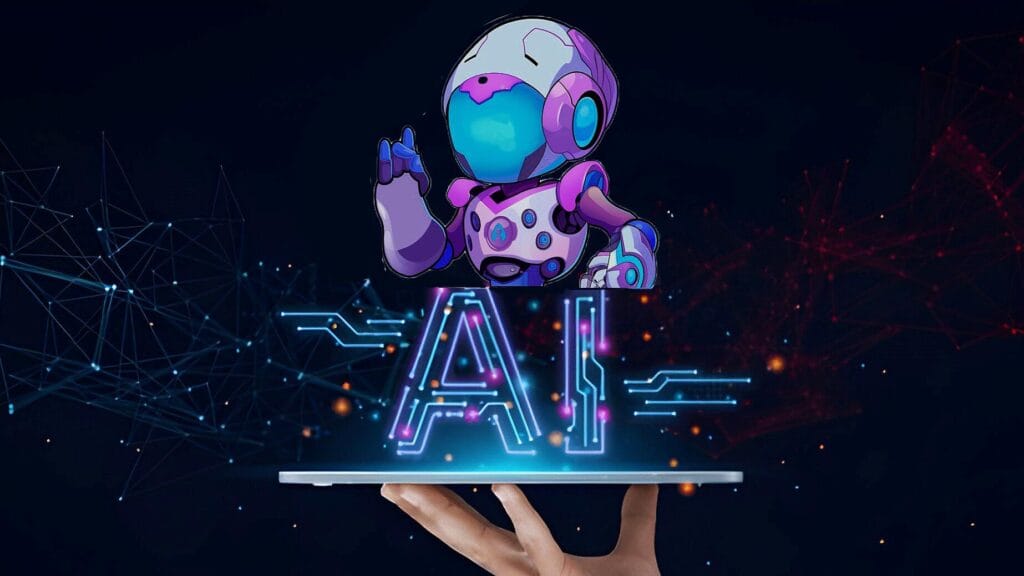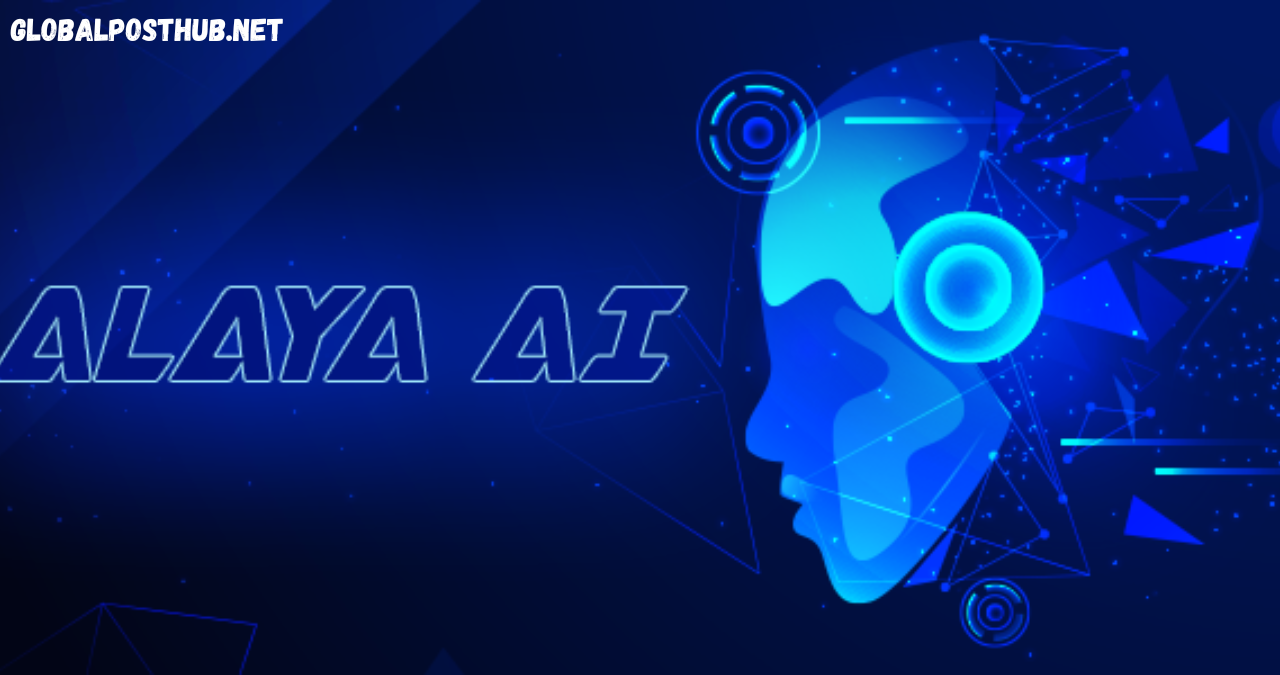Introduction
In today’s digitally driven world, artificial intelligence (Alaya AI) is transforming everything from healthcare to finance. However, the accuracy and ethical performance of Alaya AI systems depend heavily on the quality of data they are trained on. Traditional data collection methods are often centralized, biased, and lack transparency. That’s where Alaya AI steps in — a pioneering decentralized platform aiming to revolutionize how data is gathered, validated, and used in AI development.
Alaya AI is designed with a vision to democratize the AI data economy through community engagement and incentivized participation. This model empowers individuals around the world to contribute to the AI ecosystem while maintaining control over their data. More importantly, it creates a trustworthy environment for building more accurate, fair, and secure AI applications.
As we explore the evolution of data collaboration, this article will delve into what Alaya AI is, how it functions, its real-world applications, and the future it envisions. With AI technologies advancing at an unprecedented pace, understanding platforms like Alaya AI is essential for developers, businesses, and even everyday users who are contributing — knowingly or unknowingly — to the next generation of intelligent systems.
What is Alaya AI?
Alaya AI is an innovative platform that combines blockchain technology with AI-driven data crowdsourcing. It serves as a decentralized data collaboration network where users can contribute, validate, and monetize data in a secure and transparent way. At its core, Alaya AI transforms the traditional data ecosystem by removing intermediaries and empowering individuals to play a direct role in AI model development.
The platform operates under a user-centric model where contributors, often referred to as “data workers,” can earn rewards for submitting accurate and verified information. These contributions are used to train AI models, making the data cycle more dynamic and interactive. One of the standout features of Alaya AI is its use of blockchain for data validation and record-keeping, ensuring that all contributions are transparent, traceable, and immutable.
Alaya AI was conceived to solve major pain points in AI development: data scarcity, quality inconsistency, and systemic biases. By utilizing a global network of contributors, the platform is able to gather diverse data sets that are more inclusive and representative. This diversity is crucial for developing AI systems that can operate fairly across various social, cultural, and economic contexts. As a result, Alaya AI doesn’t just collect data—it fosters collaboration that reflects the world’s real complexity.
How Alaya AI Works
Alaya AI’s operational model revolves around decentralized participation, making it different from conventional data marketplaces. Users can take on different roles — such as data contributors, validators, or annotators — depending on their interests and skill levels. Contributors can submit data through various micro-tasks, such as labeling images, answering surveys, or validating existing datasets. In return, they receive token-based incentives, reinforcing continuous engagement.
What makes this platform particularly powerful is its gamified reward system. It turns data collection into a community-driven activity, where participants earn points or tokens based on the quality and relevance of their input. These tokens can later be exchanged for real-world value or used within the Alaya ecosystem for governance and other benefits. This approach not only increases participation but also helps maintain high data quality, as users are motivated to provide accurate information.
A vital component of Alaya AI is its integration with DAO (Decentralized Autonomous Organization) governance. Through DAO, token holders can vote on important decisions related to the platform’s development and data usage. This means the community has a say in how the platform evolves, making it a truly democratic environment. By combining blockchain, AI, and community participation, Alaya AI builds a robust system that addresses key challenges in today’s AI landscape — all while creating new economic opportunities for everyday users.
Use Cases and Applications

Alaya AI’s versatile platform supports a wide array of applications across different industries. One of its most impactful uses is in AI model training. Tech companies and developers often require massive volumes of labeled data to fine-tune their algorithms. With Alaya’s crowdsourced system, they can access diverse and high-quality datasets generated in real-time by contributors across the globe.
In market research, businesses leverage Alaya AI to gather consumer insights through surveys and data annotation tasks. This allows for more accurate product targeting and marketing strategies, based on feedback from real users rather than inferred metrics. It provides a direct connection between businesses and their potential audiences, enhancing personalization and customer satisfaction.
The healthcare sector also benefits significantly. Medical researchers can use Alaya AI to collect anonymized patient data for use in training diagnostic algorithms, conducting epidemiological studies, or developing treatment models. Since the data is contributed voluntarily and verified via blockchain, it offers both ethical and regulatory assurance.
Even in academia and humanitarian efforts, Alaya AI plays a transformative role. It enables researchers to access a wide range of annotated data for projects in social sciences, environmental monitoring, and crisis response. The power of global collaboration, when structured and incentivized correctly, becomes a force for positive societal impact — and Alaya AI is at the forefront of that movement.
Benefits of Alaya AI
Alaya AI introduces numerous benefits that address the core limitations of centralized data ecosystems. One of its most notable advantages is improved data quality through decentralization. Traditional platforms often rely on limited sources or biased sampling methods, whereas Alaya AI harnesses input from a broad, diverse population. This approach enriches datasets with varied perspectives, reducing algorithmic bias and improving AI performance.
Another critical benefit is enhanced privacy and data security. Through blockchain’s immutable ledger and user-controlled permissions, contributors maintain ownership of their data. Unlike conventional systems where user data is stored and often sold without consent, Alaya AI ensures transparency in data use. This builds trust between contributors and data consumers, fostering a healthier digital environment.
Additionally, Alaya AI democratizes AI development by opening doors for individuals without technical backgrounds to participate meaningfully. Through simple, gamified tasks, users can earn tokens and directly influence the training of AI systems. This levels the playing field, allowing people from developing countries or underrepresented communities to gain economic opportunities in the growing AI economy.
Finally, the platform promotes a transparent and traceable data lifecycle. Every transaction and contribution is recorded on the blockchain, making it possible to verify the origin and journey of every dataset. This auditability is crucial for building AI systems that are not only powerful but also ethical and compliant with evolving regulations.
Conclusion
Alaya AI represents a groundbreaking shift in how data is collected, validated, and utilized in the AI industry. By leveraging blockchain technology and community participation, it creates a decentralized framework that is secure, inclusive, and economically beneficial. Whether you are a developer looking for high-quality datasets or an individual seeking new ways to earn through digital participation, Alaya AI offers a compelling solution.
The future of AI depends on the quality of its foundation—data. And as we move into an era where ethical, unbiased, and diverse data is more crucial than ever, platforms like Alaya AI are setting the stage for a more equitable digital landscape. It’s not just a tool; it’s a movement toward democratizing the future of artificial intelligence.
You May Also Read: https://globalposthub.net/fapelli/




